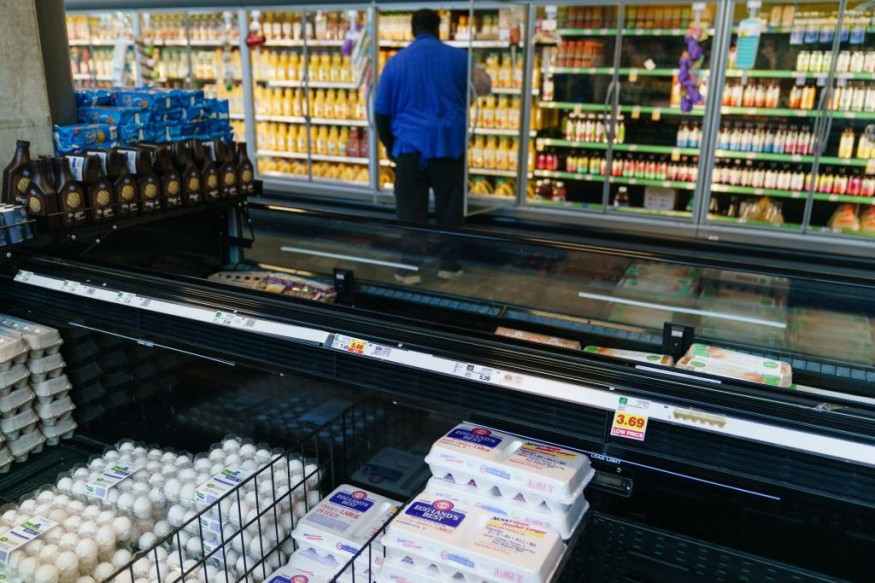
In a critical court hearing on Monday, August 26, the US government and Kroger officials clashed over the proposed merger between Kroger Co. and Albertsons Cos.
The Federal Trade Commission (FTC) and a coalition of states are seeking to block the merger, arguing that it would reduce competition and harm consumers. The hearing was held to determine whether a federal court should issue an order preventing the $24.6 billion merger.
Allegations of Price Inflation at Kroger
If approved, the deal would significantly increase Kroger's presence in the grocery market, expanding its operations from 2,700 to 4,400 stores and boosting annual sales from $150 billion to $208 billion.
During the hearing, Andy Groff, Kroger's senior director of pricing, testified that the company had raised prices on essential items like milk and eggs more than was necessary to account for inflation.
According to Bloomberg, Groff's testimony was based on a March 2024 email he sent to his superiors, in which he acknowledged that retail inflation for these items had been "considerably higher than cost inflation." This admission supports the FTC's argument that the merger could lead to higher prices for consumers.
Groff's testimony is part of a broader federal antitrust lawsuit aiming to block Kroger's acquisition of Albertsons. US District Judge Adrienne Nelson, presiding over the case in Portland, Oregon, is expected to rule on whether to halt the merger.
The FTC argues that combining the two supermarket giants could lead to increased consumer prices and less choice, as Kroger and Albertsons directly compete in many markets across the United States.
Despite these concerns, Kroger and Albertsons argue that the merger would benefit consumers by lowering prices, protecting union jobs, and enhancing their ability to compete with larger retailers like Walmart, Amazon, and Costco. They claim that the increased scale would allow them to reduce costs and offer better prices on groceries.
However, regulators fear that the merger could lead to fewer options and higher prices for shoppers, especially in areas where Kroger and Albertsons are the primary grocery chains.
Kroger has been able to benefit from periods of higher inflation by passing on cost increases to consumers. While this strategy has led to increased sales, it has also raised concerns about price gouging. As inflation rates soared, many consumers began to cut back on spending, leading to a debate over whether the price hikes were justified.
Groff explained that Kroger focuses on what it considers "everyday essentials"-milk, eggs, sugar, bananas, and iceberg lettuce, Chicago Business reported. The company regularly compares its prices on these items with those of Walmart, Aldi, and other local competitors to stay competitive.
Kroger-Albertsons Merger Impact
The potential merger has drawn criticism not only from regulators but also from local communities and other retailers. Some fear that the consolidation of these two major grocery chains could lead to job losses and negatively impact small businesses.
During the hearing, other retail executives, including those from Stater Brothers and Albertsons, testified about their own practices of monitoring competitor pricing. According to USA Today, they emphasized the importance of staying competitive with traditional supermarket chains as well as larger retailers like Walmart.
Both companies have a significant presence in the grocery market and are known for their commitment to low prices and wide selection of products. The merger would create a combined entity capable of challenging the dominance of Walmart, which currently holds the largest share of the US grocery market.
The FTC is pushing for a halt to the merger, citing harm to consumers and competition, while Kroger and Albertsons maintain that the deal would benefit shoppers by creating a more efficient and competitive grocery market.















